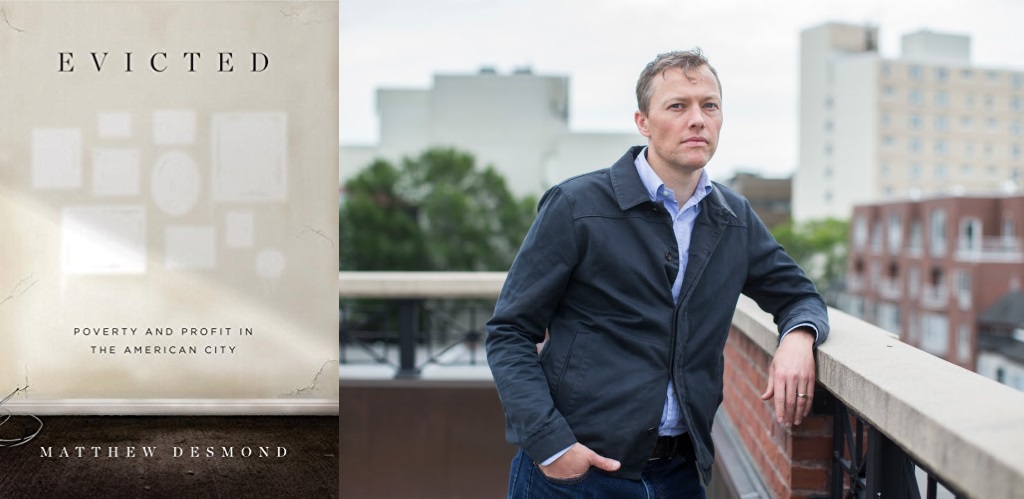Matthew Desmond Talks the Trauma of Eviction
Talking About the Affordable Housing Crisis with the Pulitzer Prize–Winning Author of ‘Evicted’

Matthew Desmond, Princeton sociologist, cofounder of Just Shelter, and recipient of the 2017 Pulitzer Prize for nonfiction for Evicted: Poverty and Profit in the American City, will discuss his book and the affordable housing crisis in America on February 22 at 7:30 p.m. at UCSB’s Campbell Hall. Desmond spoke recently with the Independent.
What was it that drew you to study evictions in Milwaukee in 2008-2009? I wanted to understand the role that housing played in deepening poverty in America. There are many books about deindustrialization, loss of jobs, and mass incarceration, but the question that interested me was, what’s the private rental market like for the majority of Americans? Cities like Cleveland, St. Louis, and Milwaukee are places where Americans of average means live, but they are usually left out of the story. Studying evictions allowed me to write about tenants, landlords, and everyone in between.
How would you describe housing policy in the United States in 2018? Completely benefiting middle- and upper-middle-class households via the mortgage interest deduction. The vast majority of low-income Americans receive no assistance whatsoever, and many spend more than half their income on housing. Low-income people are the unlucky majority.
As you vividly illustrate in Evicted, the fallout from an eviction process is often brutal. It touches nearly every aspect of a person’s life. It causes people to lose their homes; they often lose their stuff, their neighborhood connections, their jobs, their children’s schools, and quite often their health.
Did the scale of this problem surprise you? I had no idea that about 40 people every single day are evicted from their homes in Milwaukee. The last time we did the American housing survey, some 2.3 million households feared they might face eviction. The problem is massive. Possibly tens of millions of evictions going back to 2000.
You were quoted as saying that you experienced a sense of guilt while researching Evicted. Can you explain what you meant? Leaving the rooming house I lived in in Milwaukee and moving to Cambridge, Massachusetts, was culturally shocking to say the least. I often thought about my friends in Milwaukee who were experiencing scarcity and hardship, and it troubled me.
Do you view housing as a fundamental human right? I think it’s essential that as a society we ask ourselves if we believe that housing is a right. If we do, then we are obligated to deliver on that as a matter of justice. I see housing as a right for the simple reason that without it everything else falls apart.



